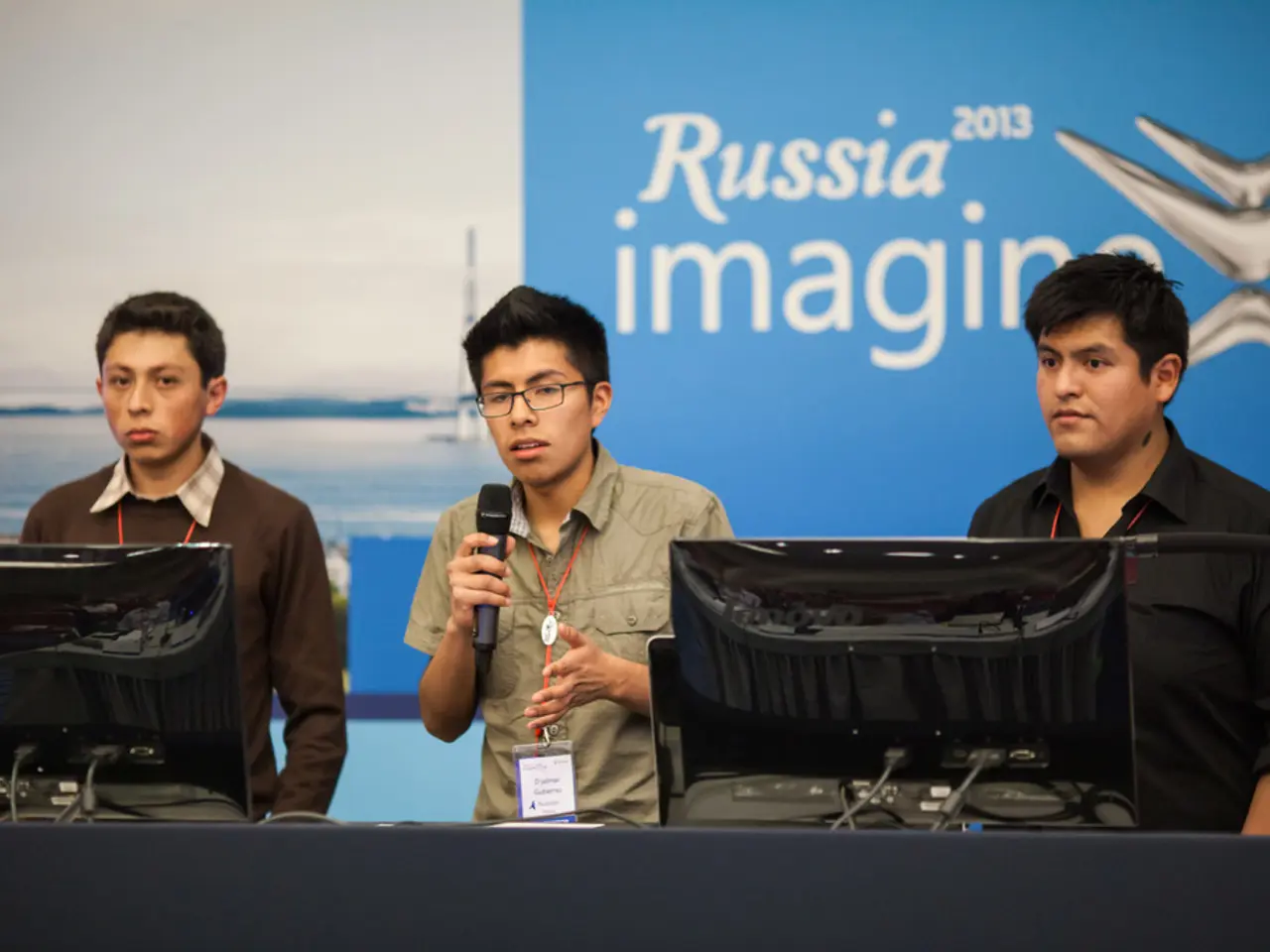Affordable options dominate - representatives from construction, real estate, and security industries highlighted
In Russia, user interaction with social media content varies significantly based on gender, region, and profession, according to a joint study by Twinby and hh.ru.
Gender Differences
Russian adolescent girls show a deeper integration of social media into their daily lives, having more online friends and spending more time on these platforms compared to boys. However, girls tend to feel loneliness more frequently despite their higher engagement. In terms of platform usage by gender, data suggests that the proportions differ per platform and age group.
Regional Differences
While specific user interaction data by Russian regions isn't explicitly cited, social media platform popularity and engagement can be influenced by regional access, restrictions, and language preferences. Major Russian platforms like VK and RuTube have strong user bases nationally, with VK showing varied monthly active users across age groups. Restrictions on platforms like Facebook and Instagram have shaped usage patterns regionally due to bans.
Professional Differences
Although specific information on social media interaction differences by profession in Russia isn't explicitly detailed, given the diverse motives for social media use, it is likely that professional background affects interaction styles and purposes. For instance, professionals might use LinkedIn more for networking, whereas adolescents focus on TikTok or VK for social and entertainment use.
Additional Insights
Platforms like TikTok see high engagement rates mainly from younger generations who often participate in trends and commerce-related content, suggesting usage patterns influenced by age and possibly linked to professional or lifestyle factors indirectly.
Likes on social media can indicate a desire for acceptance, according to Twinby's chief psychologist, Laris Karavayeva. A third of those surveyed only like posts from friends and acquaintances, while others use it more often as a sign of support or politeness.
Market Trends
In 2024, the Russian market for internet advertising of small and medium-sized businesses increased by almost 25%. "Yandex Direct" managed to capture and maintain a 35% share of all advertising budgets after Google's exit from the online advertising market. Other major players in the Russian internet advertising market include "VKontakte", Telegram, Avito, and aggregators, occupying around 65% of the market.
Regulatory Changes
Starting September 1, 2025, a ban on advertising on Russian resources, including social networks, will come into force. Violators of the advertising ban will face fines, with enforcement entrusted to the Federal Antimonopoly Service of Russia. Amendments to the Code of Administrative Offenses will also impose penalties on internet users for searching for prohibited materials, with a similar ban already in place for advertising on resources of "foreign agents".
This overview is based on recent studies and platform usage data as of 2025.
[1] Twinby and hh.ru Joint Study (2025) [2] VKontakte Usage Data (2025) [3] RuTube Usage Data (2025) [4] TikTok Usage Data (2025) [5] Facebook and Instagram Usage Data (2025)
- Russian adolescent girls engage more with social media platforms for entertainment and self-development purposes, spending more time and having more online friends than boys, but they tend to feel lonelier.
- Regional differences in social media usage in Russia can be influenced by factors such as access, restrictions, and language preferences, with national platforms like VK and RuTube having strong user bases but regional usage patterns being shaped by bans on platforms like Facebook and Instagram.
- Professional background likely affects social media interaction styles and purposes in Russia, with professionals using LinkedIn for networking while adolescents may focus on TikTok or VK for social and entertainment purposes. Entertainment, politics, and general news are among the popular content categories on platforms. Likes on social media can indicate various motivations, such as a desire for acceptance, support, or politeness.




